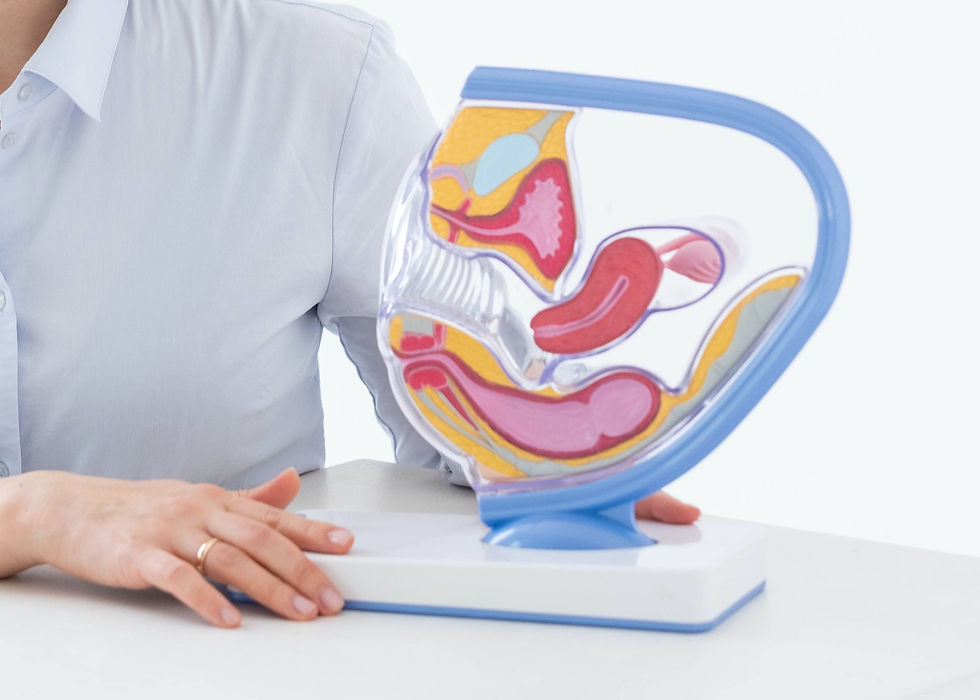Restless Legs Syndrome
- Alan Frischer, MD, MPH

- Jan 13, 2024
- 2 min read
Do you feel an overwhelming and uncomfortable urge to move your legs - particularly at night? Does the feeling only get worse when you try to relax or lie still? Does moving them help? Does this (understandably!) keep you awake? You may be experiencing restless legs syndrome (RLS). Yes, it is a real disease, and is also known as Willis-Ekbom disease.
Restless legs syndrome affects up to 10% of us, including about a million children. Women are twice as likely to have it, and while symptoms can begin at any age, it can be more severe as we become middle-aged and older.
Common triggers include inactivity - like sitting for a long car trip, plane flight, or movie; being immobilized in a cast; or even while doing relaxation exercises. RLS tends to be worse at night. It may go away for days or months, before a new relapse. Symptoms tend to become more severe over time…however, they may also disappear.
Most cases appear to have a genetic component, but the causes of RLS are puzzling. No cause-and-effect relationship has been proven, but other conditions often occur along with RLS, including varicose veins, folate and/or magnesium deficiency, fibromyalgia, sleep apnea, kidney failure, diabetes, thyroid disease, Parkinson’s disease, certain autoimmune disorders, celiac disease, rheumatoid arthritis, and peripheral neuropathy Surprisingly, either iron deficiency or elevated levels of iron are found in most cases! And, a Mayo Clinic study showed that people with very frequent leg movements were more likely to have thick hearts, a condition that makes them more prone to cardiac problems, stroke and death.
Some medications make RLS symptoms worse, including anti-nausea meds, antipsychotic drugs, certain over-the-counter antihistamines, and some anti-depressants. Other factors that can aggravate RLS include being in the last trimester of pregnancy, detoxing from opioids, alcohol use, sleep deprivation, and undergoing surgery.
While lab tests can rule out conditions such as vitamin deficiencies or other movement disorders, and sleep studies can rule out sleep apnea, no lab test actually diagnoses RLS. Your doctor will focus on your description of symptoms, triggers, what gives relief, and the pattern it follows through the day and night.
The goal of treatment is to decrease the number of days and nights with symptoms, to lessen the severity of the symptoms, and to reduce the frequency of nighttime awakenings. Current treatments include:
Resolving any underlying condition.
Taking iron supplements, for the 20% of cases associated with iron deficiency
Using dopamine agonist medications, including Requip (ropinirole) and Mirapex (pramipexole), which has been helpful for some.
Taking certain medications used for neuropathy, including gabapentin and Lyrica, which have recently demonstrated some success.
Lifestyle changes may make a real difference. This might include reducing the consumption of caffeine, alcohol and tobacco; maintaining regular sleep patterns; getting exercise, including stretching and walking; massages; and taking relaxing baths.
Unfortunately, restless legs syndrome is a chronic condition with no perfect cure. Research continues.


